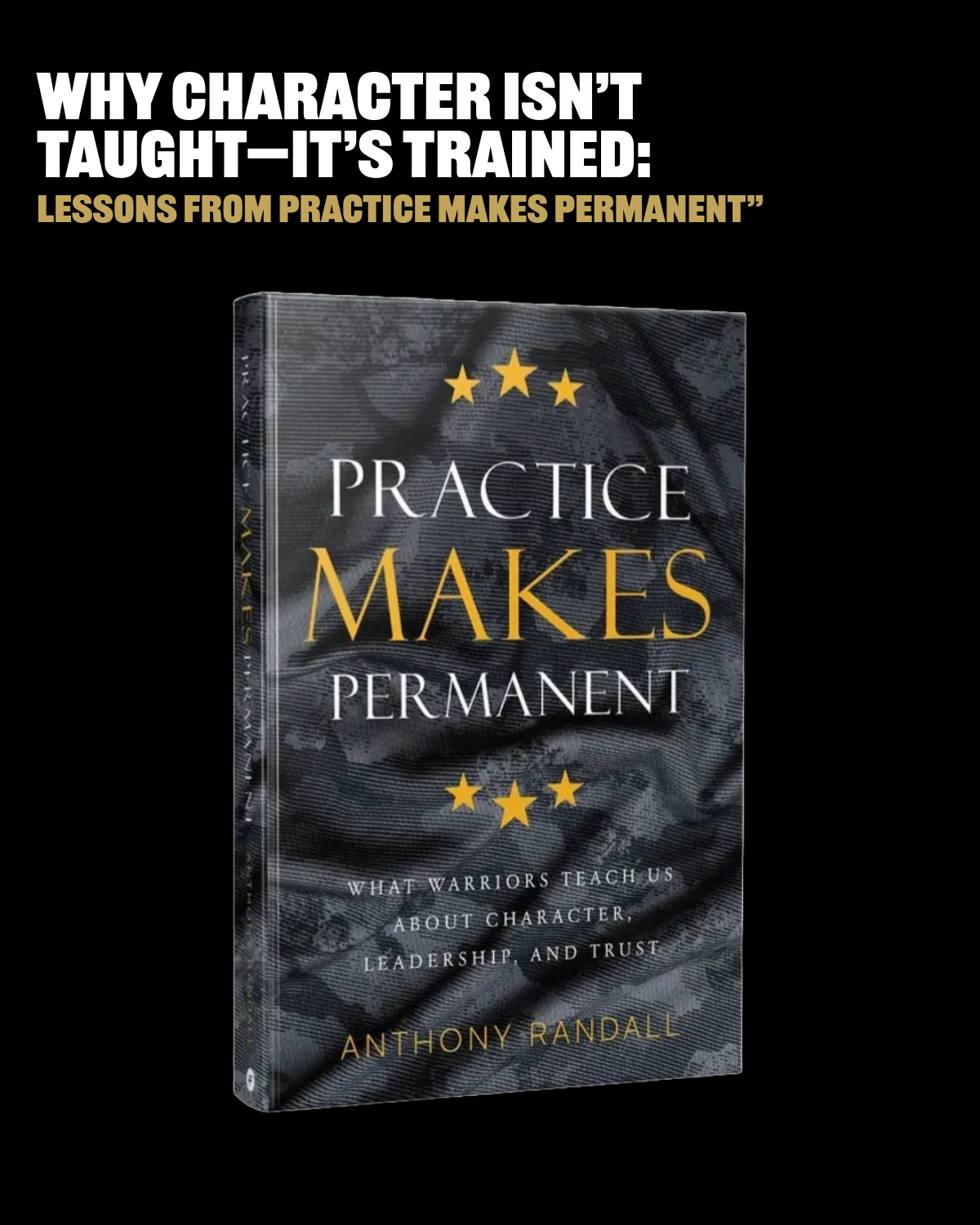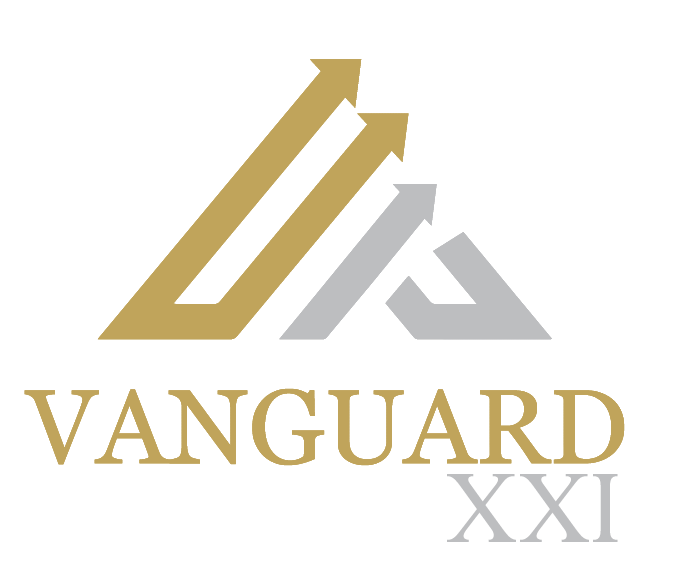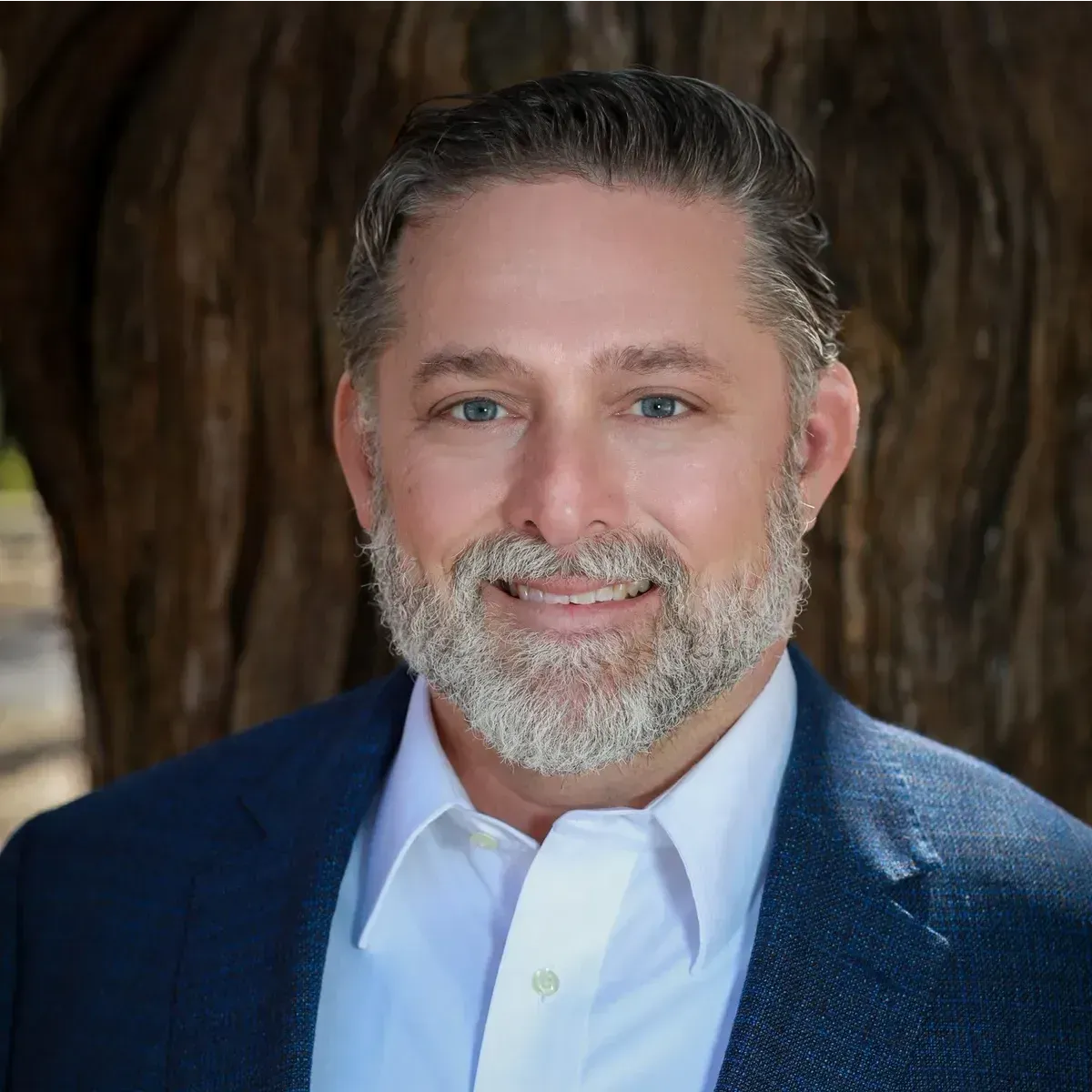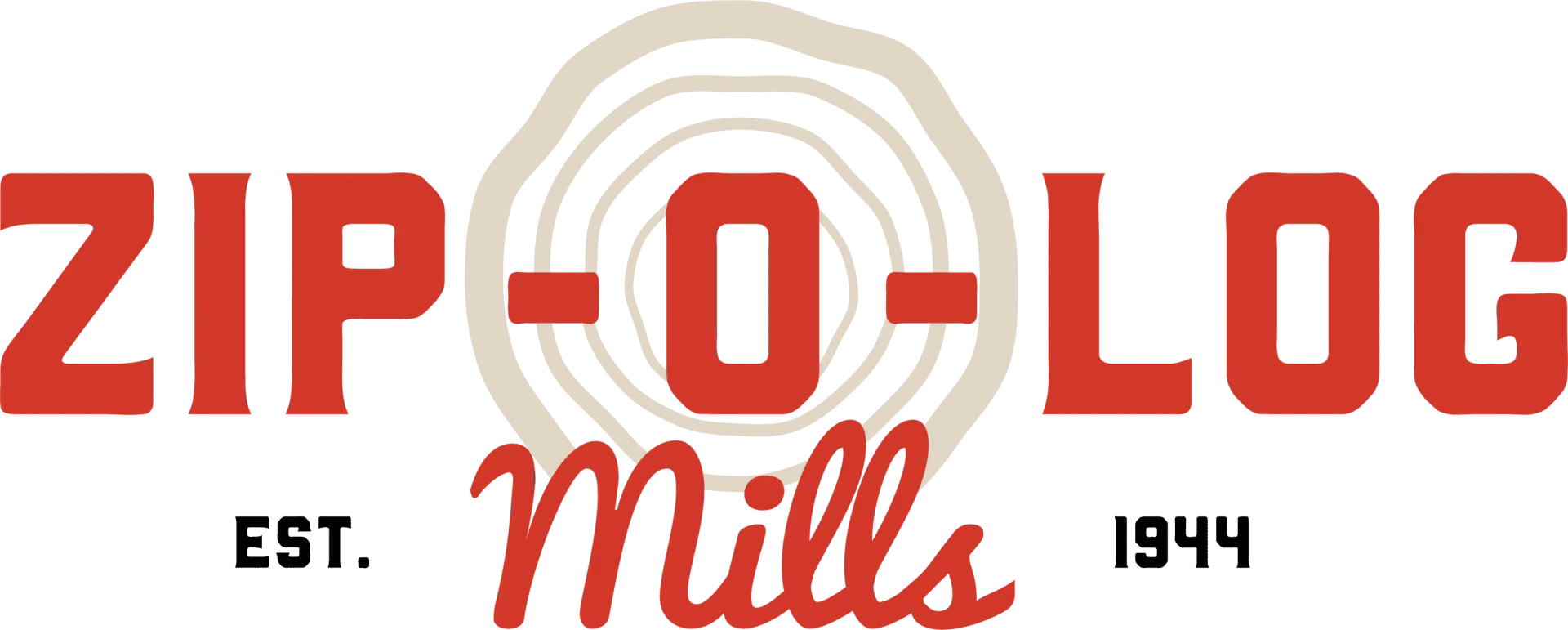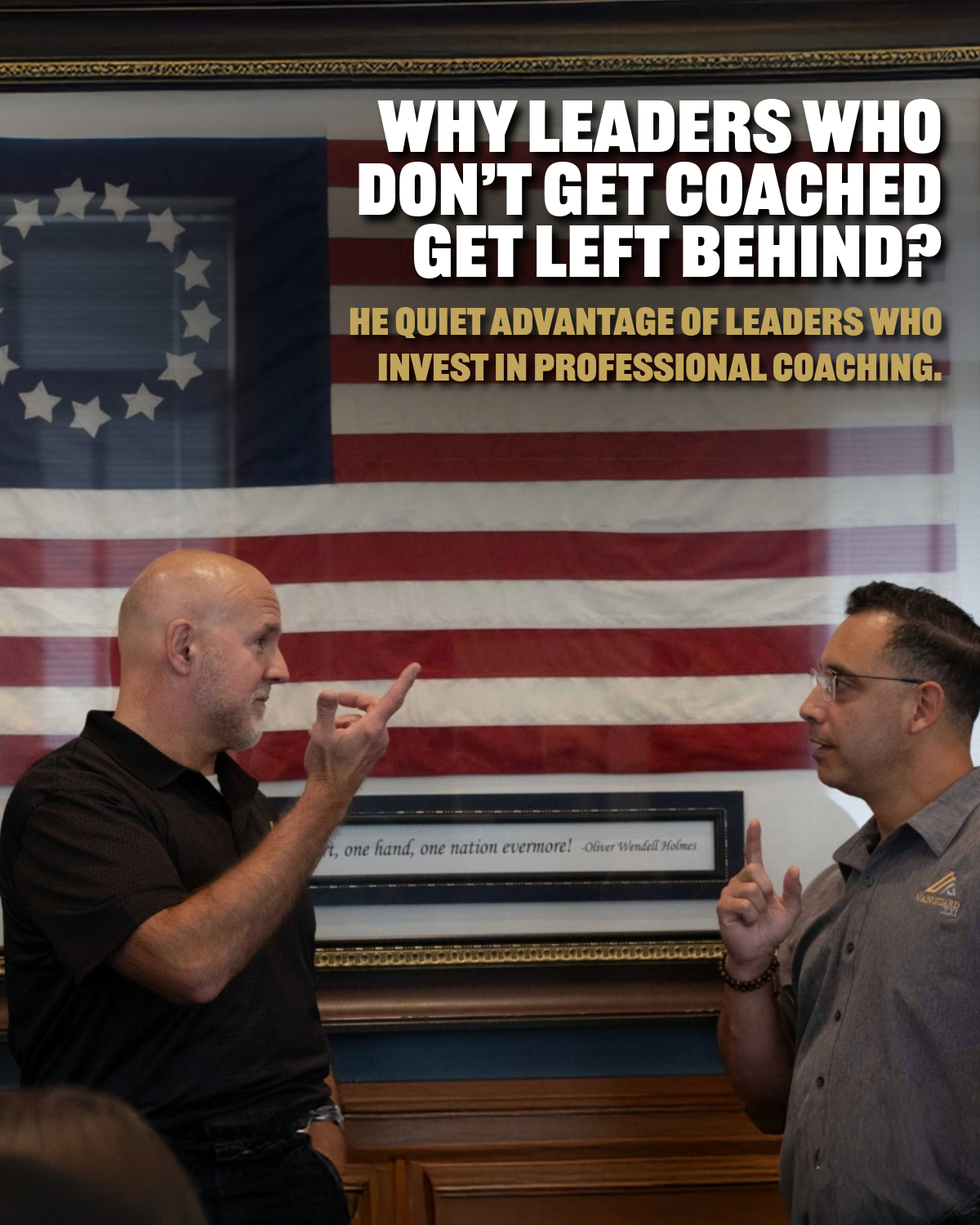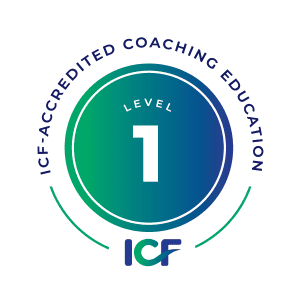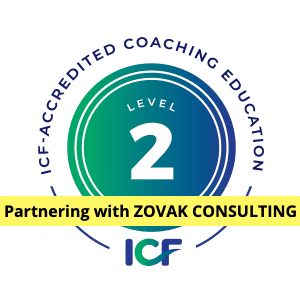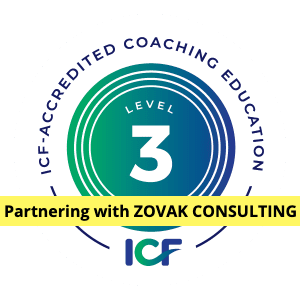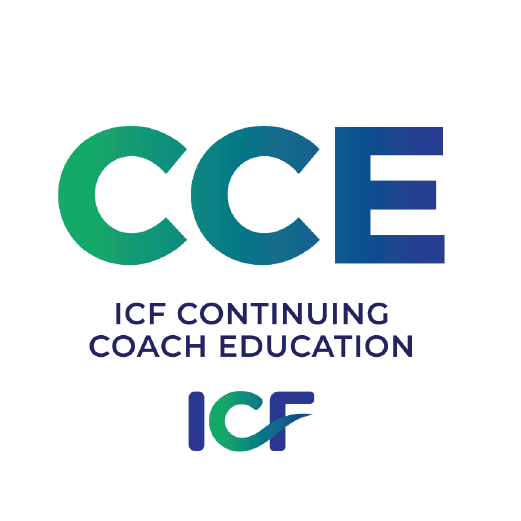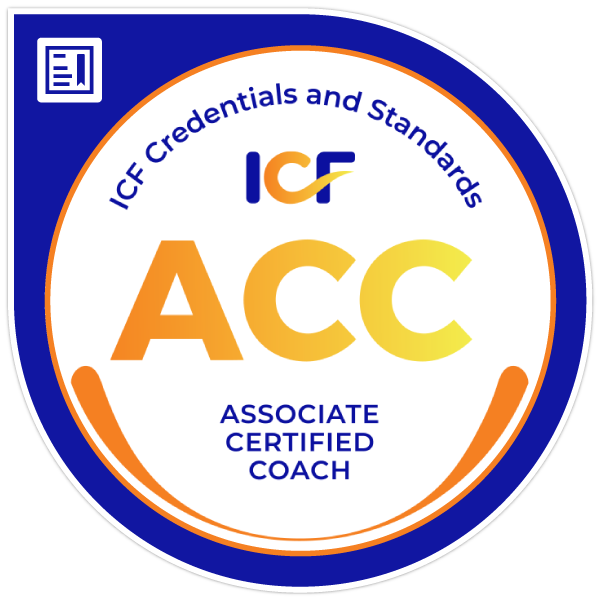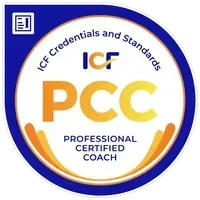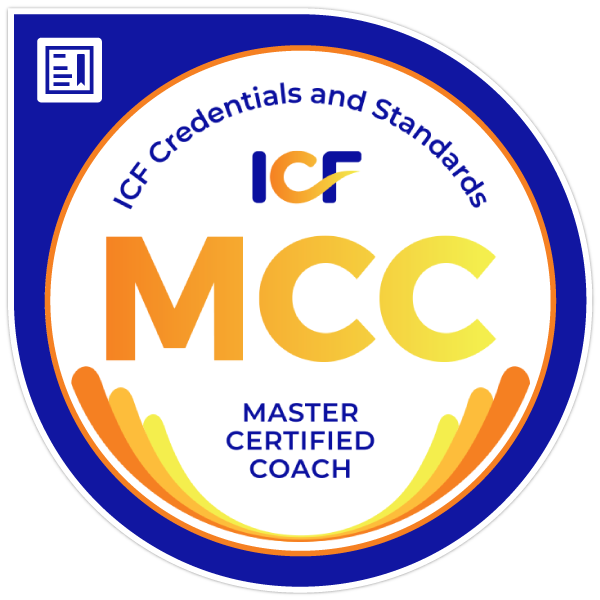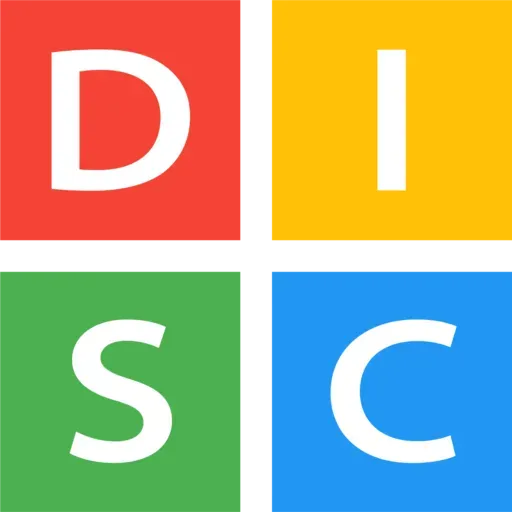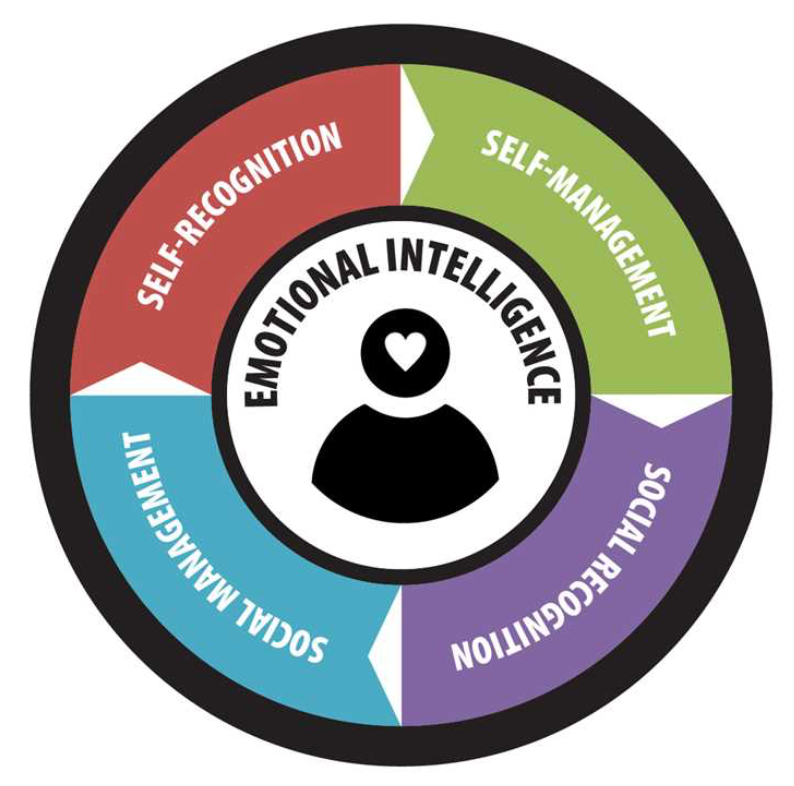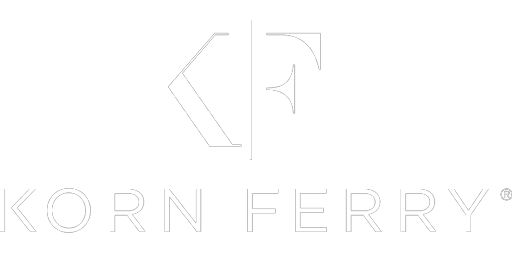Transforming Leaders & Forging Excellence
About Vanguard XXI
(click the unmute icon to hear more)
Meet some of the VXXI Team...
Javier Lopez
Kim Zovak
Mike Rauhut
Our Core Services
From the President
Dr. Anthony Randall
Welcome to Vanguard XXI!
My passionate calling in life is to transform and forge leaders of excellence with passion, purpose, and precision. Thank you for investing a few minutes of your time to explore how the Vanguard XXI Team may provide you and your team with world class leadership development and coaching.
Vanguard XXI by the Numbers
17,000
Leaders taught, trained, and coached through Vanguard XXI's proprietary Transformational Moral Leadership curriculum and Vanguard Way coaching model approved by the International Coaching Federation (ICF).
20+
Fortune 100, 500, Small & Medium size businesses, professional and college sports teams, local and federal law enforcement, and universities who trust Vanguard XXI with leadership development and executive coaching for their leaders and teams.
12
Vanguard Teammates each with over 25 years of corporate, military, non-profit, and higher education leadership development and coaching experience. Our coaches are ICF MCC, PCC, and ACC credentialed coaches with over 10,000 collective coaching client hours. We have served and worked in some of the most high performance executive C-Suite, military special operations, and professional sports teams in the world.
During my graduate program at an Ivy League university, I took two coaching courses. Neither held a candle to this course. By far the best instruction and learning experience I have had in continuing to develop my passion for developing and coaching leaders.
Jeff Paine - Executive Program Manager at Silverthread, Inc.
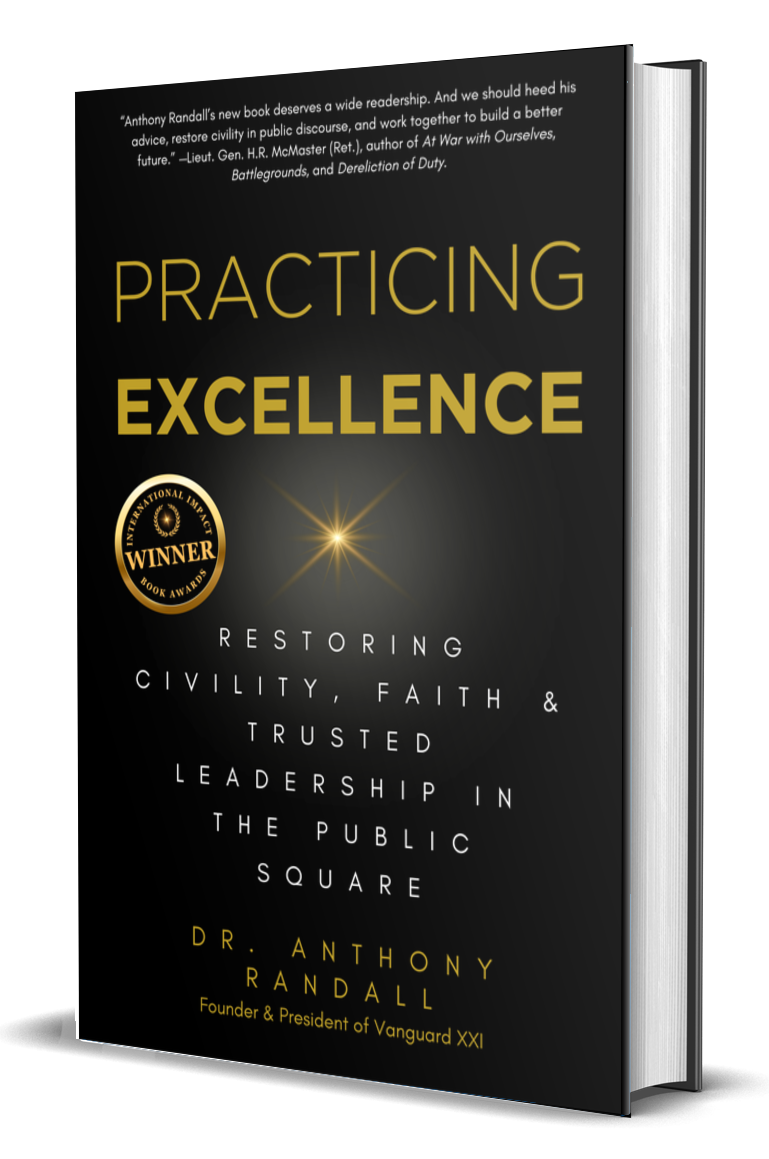
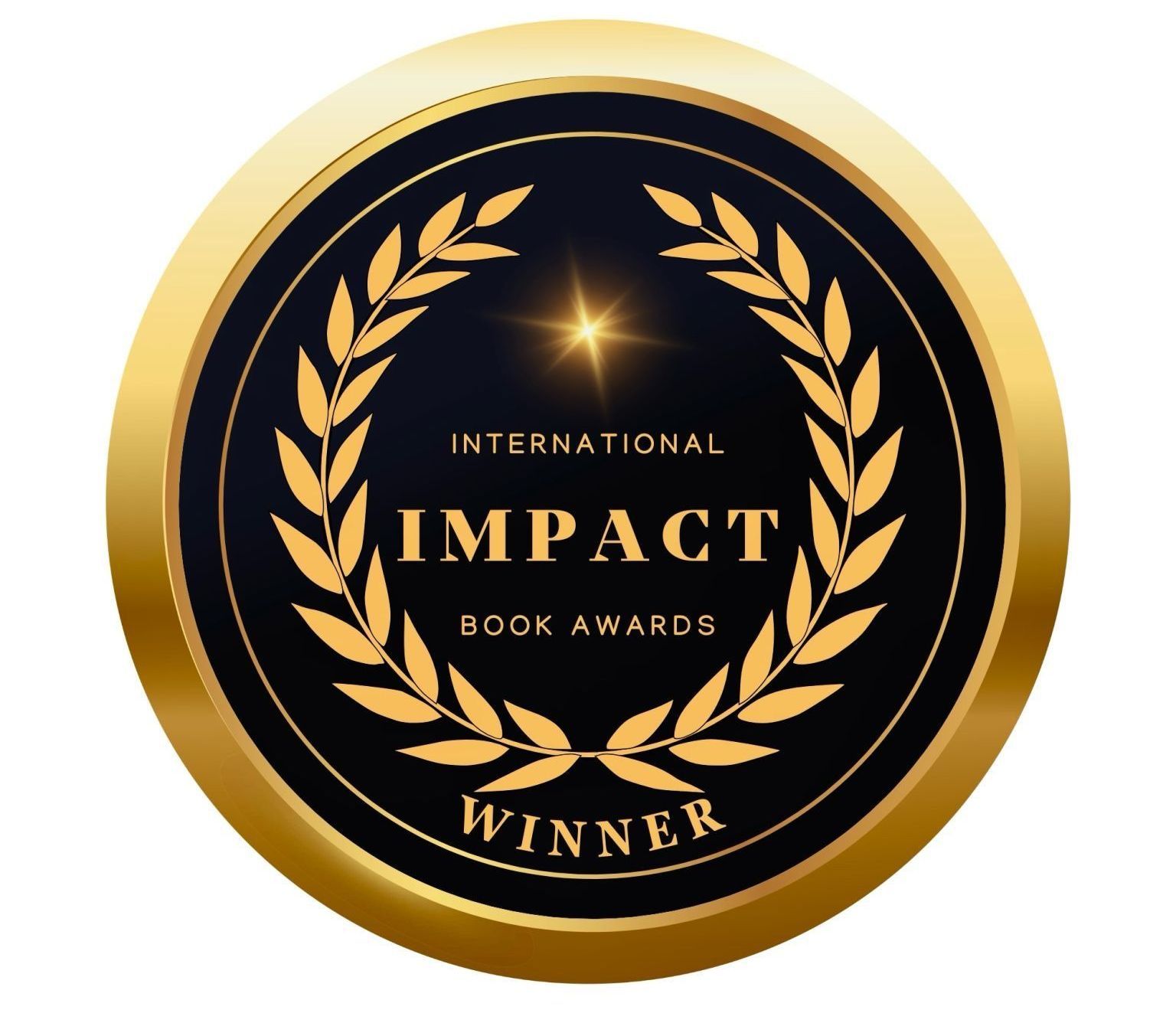
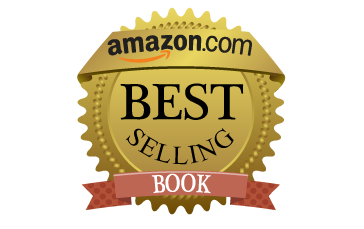
NOW AVAILABLE!
EXCITING NEWS! Practicing Excellence recently won the International Impact Book Award winner for Social Change. It is also a Top #4 Amazon Best Seller.
PRACTICING EXCELLENCE: RESTORING CIVILITY, FAITH & TRUSTED LEADERSHIP IN THE PUBLIC SQUARE
In this book, Dr. Randall calls for decisive action to teach and empower leaders of strong moral character to serve as trusted professionals in their communities, marketplaces, and the public square. By doing so, he aims to restore civility, faith, and trusted leadership by fostering a growth mindset, cultivating moral and ethical decision-making, and promoting emotionally intelligent leadership that enhances human flourishing.
Practicing Excellence calls on readers to take action and reflect deeply on the principles shared through personal stories, historical lessons, research, and practical advice, then actively implement these insights to lead a more excellent life.
Schedule an introductory call to explore enrolling as a coaching client, or in one of our professional development courses.
Schedule your session here.
Blog Posts
